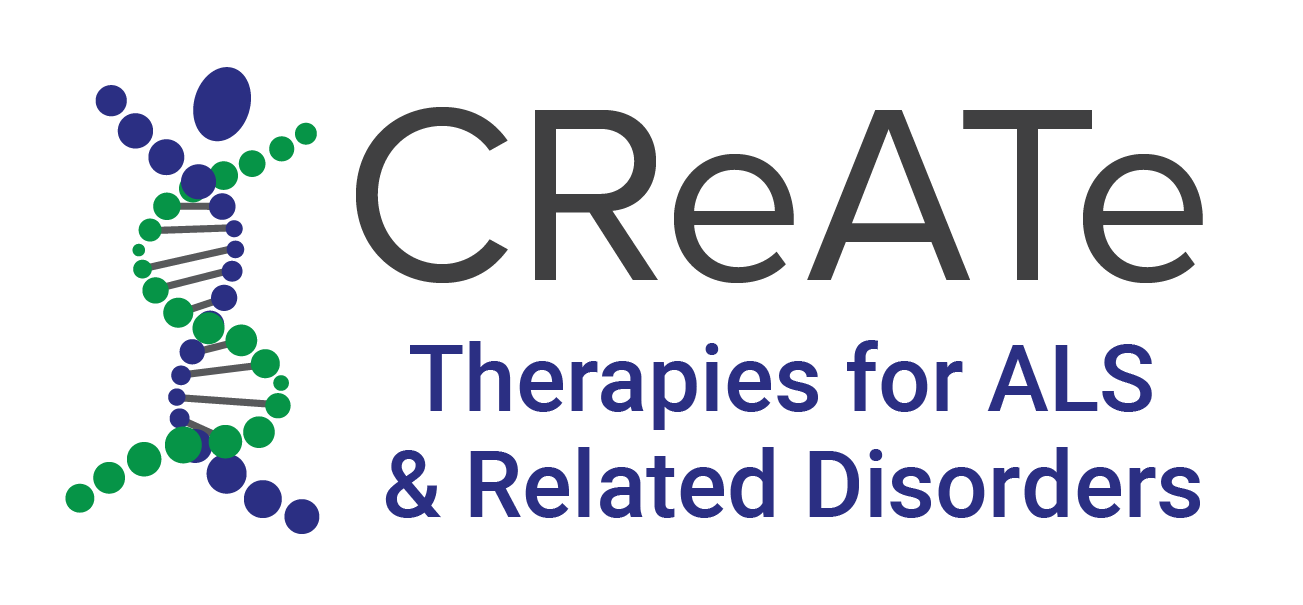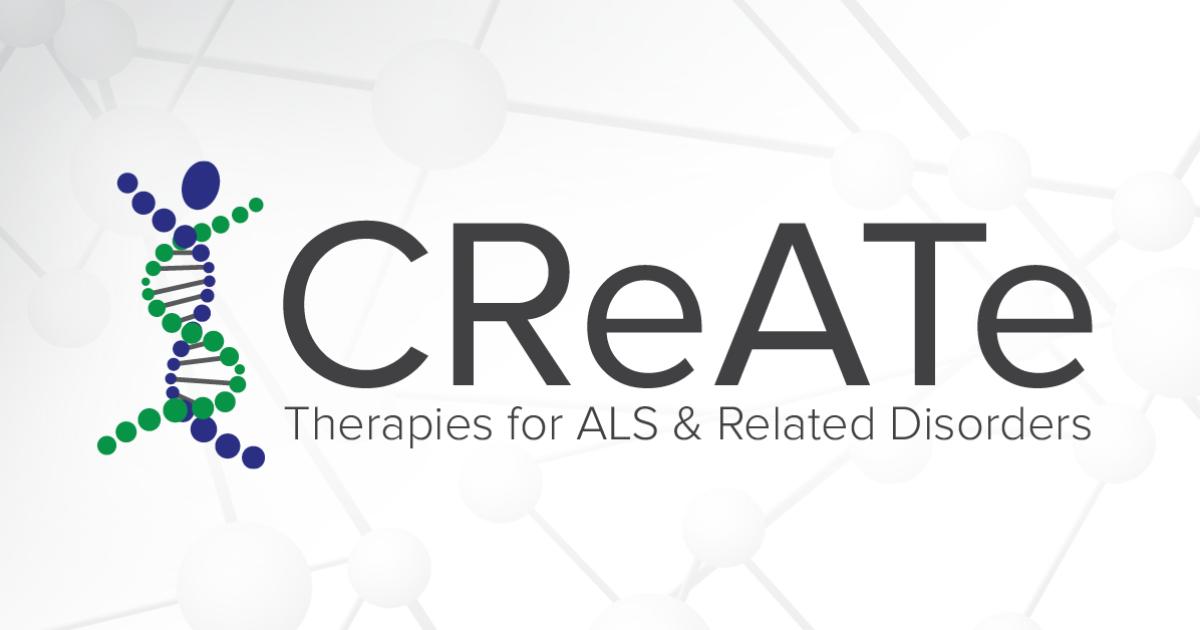As reported by the National Center for Advancing Translational Sciences (NCATS), researchers from the Clinical Research in ALS and Related Disorders for Therapeutic Development (CReATe) Consortium recently discovered that levels of a protein in the blood, neurofilament light (NfL), can significantly improve predictions about the progression and survival of individuals with amyotrophic lateral sclerosis (ALS). ALS is a rare, progressive neurological disease with no current cure or effective treatment.
The study, led by CReATe principal investigator Dr. Michael Benatar, MD, PhD, at the University of Miami, found that NfL levels are a powerful prognostic biomarker. When combined with the existing ENCALS risk profile model, which uses clinical predictors to estimate ALS survival time, NfL levels enhanced the accuracy of predictions regarding disease progression and mortality.
Key findings include:
- NfL levels alone provided more prognostic value than the ENCALS score.
- The combination of NfL and ENCALS scores offered the most accurate predictions.
- Use of these insights can help design smaller, shorter, and more effective clinical trials by accounting for individual differences in disease progression.
The study suggests the incorporation of NfL levels into the analysis plans of all current and future ALS clinical trials to better evaluate treatment effects and disease progression.
The Clinical Research in ALS and Related Disorders for Therapeutic Development (CReATe) Consortium is part of the Rare Diseases Clinical Research Network (RDCRN), which is funded by the National Institutes of Health (NIH) and led by the National Center for Advancing Translational Sciences (NCATS) through its Division of Rare Diseases Research Innovation (DRDRI). CReATe is funded under grant number U54NS092091 as a collaboration between NCATS and the National Institute of Neurological Disorders and Stroke (NINDS).


